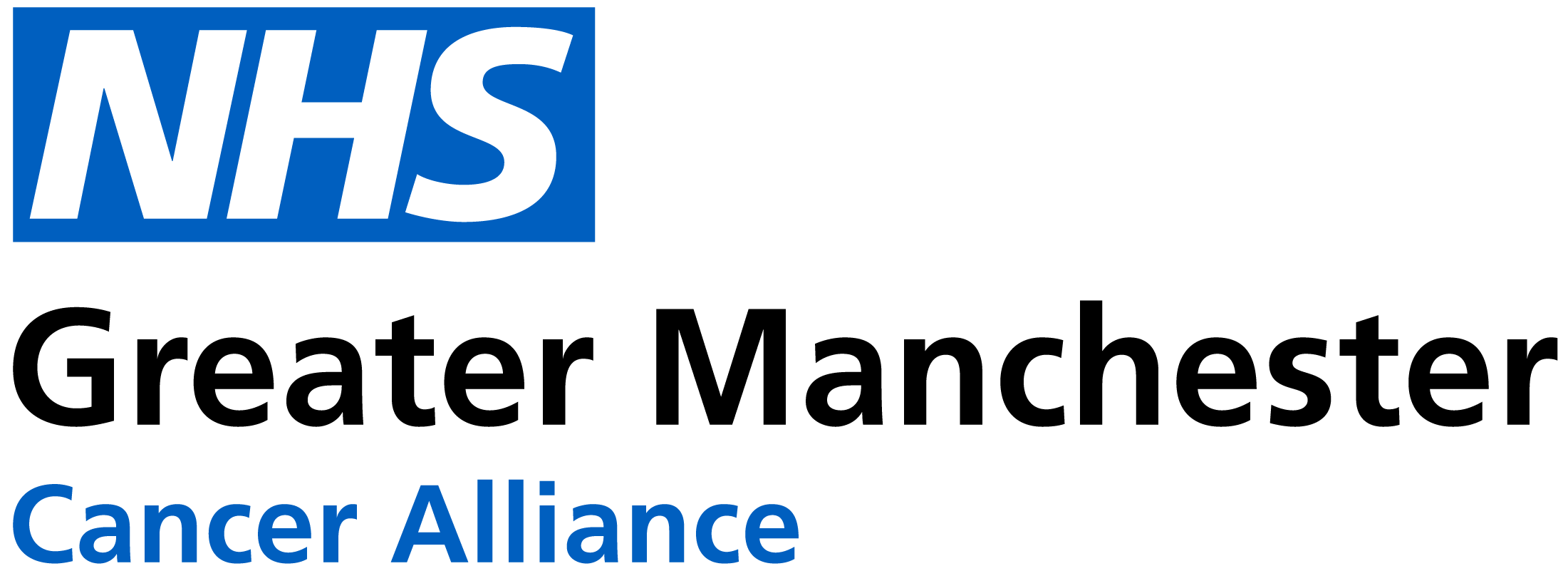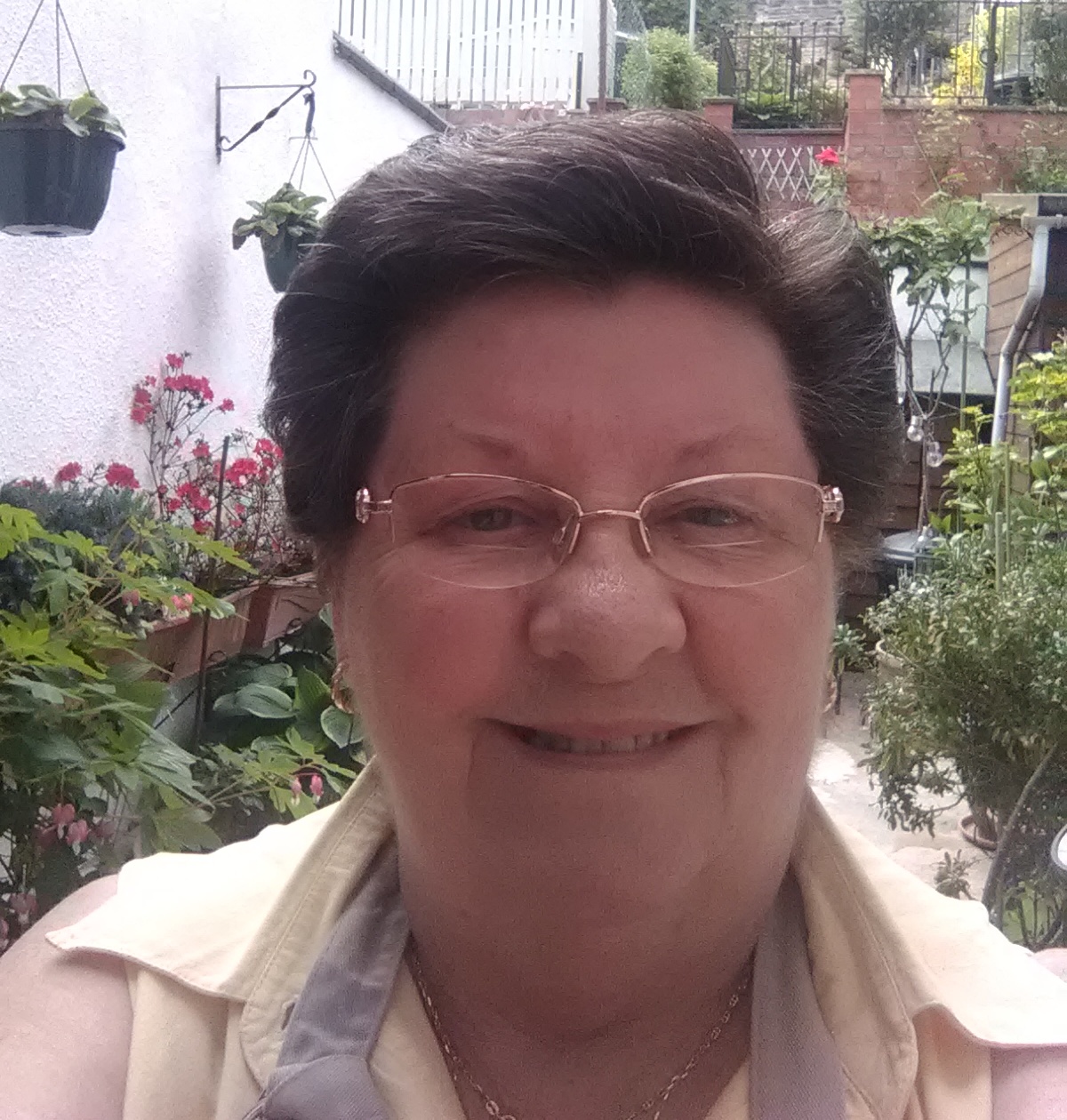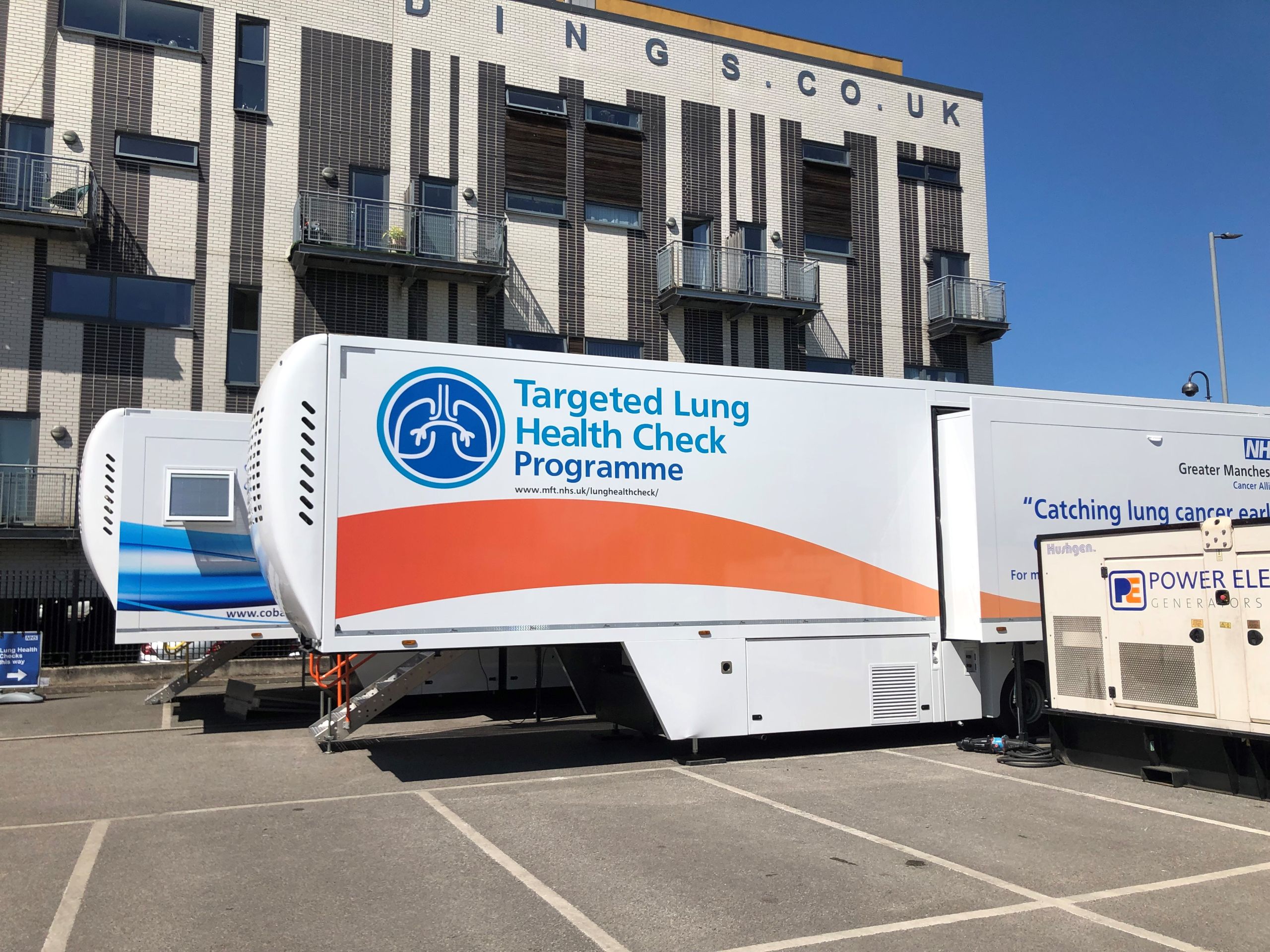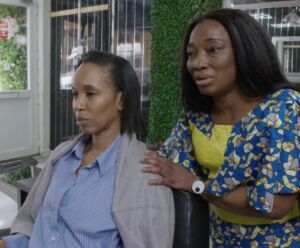
A new series of mini films – designed to help dispel fears about breast cancer and breast cancer screening – has been launched to support Black and South Asian women.
Community leaders hope the four videos will increase the number of people from ethnic minorities who attend breast cancer screening.
The videos – co-produced with ethnic minority women – aim to improve breast health awareness and encourage health seeking behaviours.
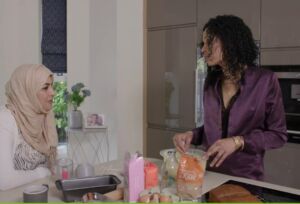 They also want to encourage more people with potential symptoms of breast cancer – like a lump – to go to their GP to get checked out.
They also want to encourage more people with potential symptoms of breast cancer – like a lump – to go to their GP to get checked out.
Currently women from ethnic minorities are less likely to attend breast cancer screening and take longer to go to their GP with symptoms of breast cancer.
Greater Manchester Cancer Alliance – part of the NHS – has worked with researchers from The University of Manchester as well as charities Prevent Breast Cancer, the Caribbean and African Health Network and Fatima Women’s Association to produce the series, which is available to watch on YouTube.
Ali Jones, Director of Early Diagnosis and Commissioning at Greater Manchester Cancer Alliance, said: “We know that in Greater Manchester women from ethnic minorities are less likely to attend their breast cancer screening. Screening is important because it can save lives by spotting breast cancer early when it is more likely to be curable.
“We also know women from ethnic minorities are more likely to be diagnosed with breast cancer at a later stage so we hope these videos will help empower women to visit their GP as soon as they notice a potential symptom so they can be checked out. The chances are it won’t be breast cancer, but it is better to know.”
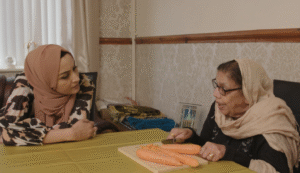 Researchers from The University of Manchester co-produced the films with women from ethnic minority groups in Greater Manchester.
Researchers from The University of Manchester co-produced the films with women from ethnic minority groups in Greater Manchester.
Professor Ashu Gandhi, a consultant surgeon and an Honorary Professor at The University of Manchester, said: “This work is important as we are increasingly recognising the deeply entrenched inequalities in the access to, and provision of, breast healthcare in the UK.
“The reasons for these inequalities are multi-fold but can include cultural beliefs and values within ethnic minority communities.
“To explore ways to overcome these potential hurdles, researchers used a unique methodology, known as the Tree of Life, to develop trust between themselves and representative groups from South Asia, Africa and Afro-Caribbean ethnic minority women’s groups.”
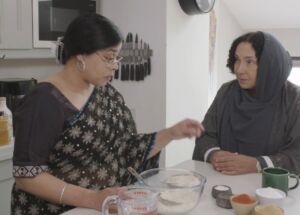 They were then able to learn from women about their barriers to accessing breast healthcare. The women also advised on methods to help improve breast healthcare uptake in their communities.
They were then able to learn from women about their barriers to accessing breast healthcare. The women also advised on methods to help improve breast healthcare uptake in their communities.
Professor Gandhi continued: “The overwhelmingly popular suggestion to improve breast health awareness and encourage health seeking behaviours was the creation of short videos that conveyed healthcare messaging in a mini-drama format.
“The unique feature of this research is that the intervention aimed at improving breast healthcare uptake in ethnic minority communities is borne from the involvement and advice of these same groups.”
The scripts were reviewed and assessed for authenticity by women from ethnic minority communities and feature validated behavioural change techniques, comments and statements.
